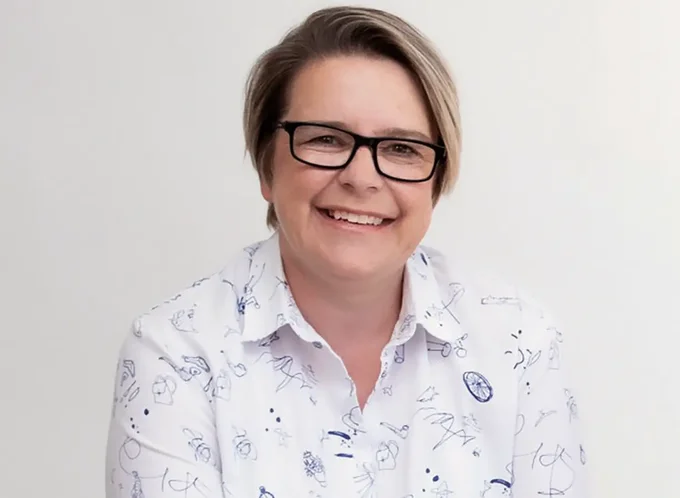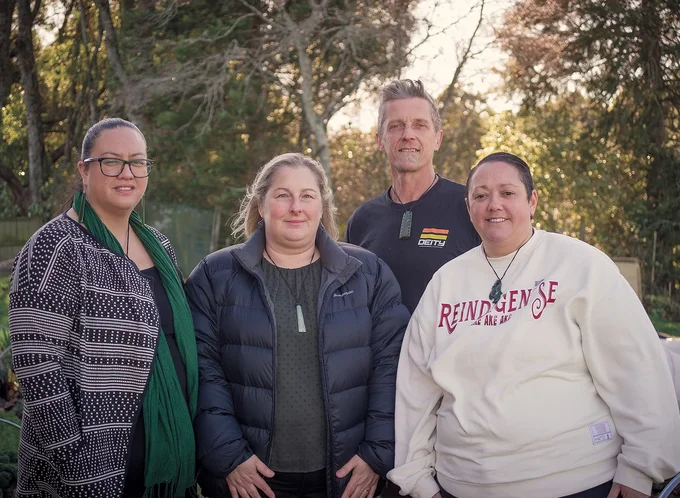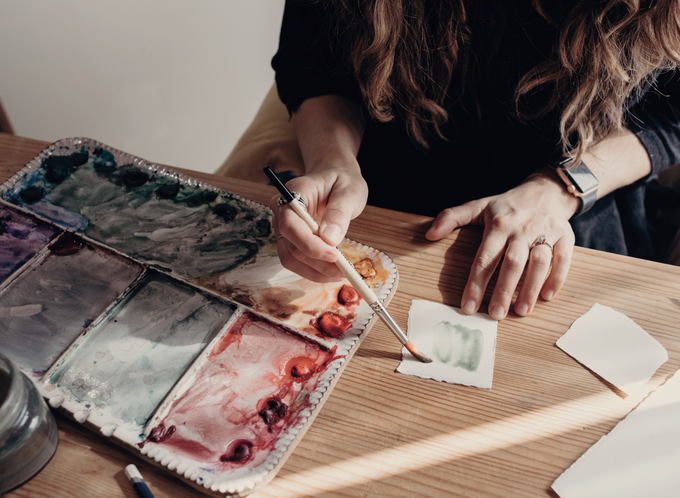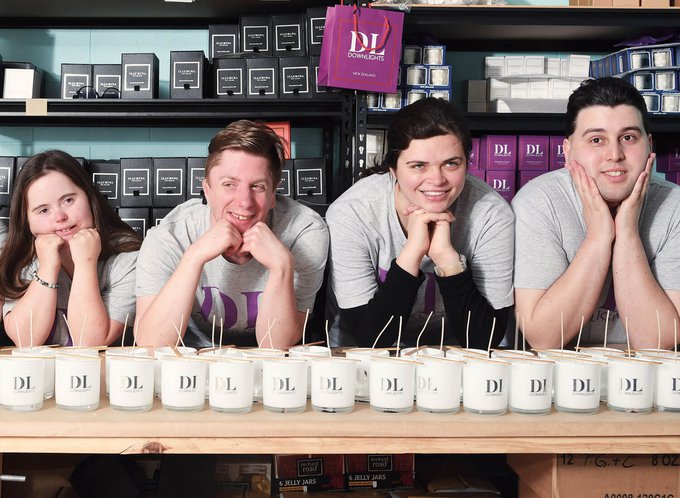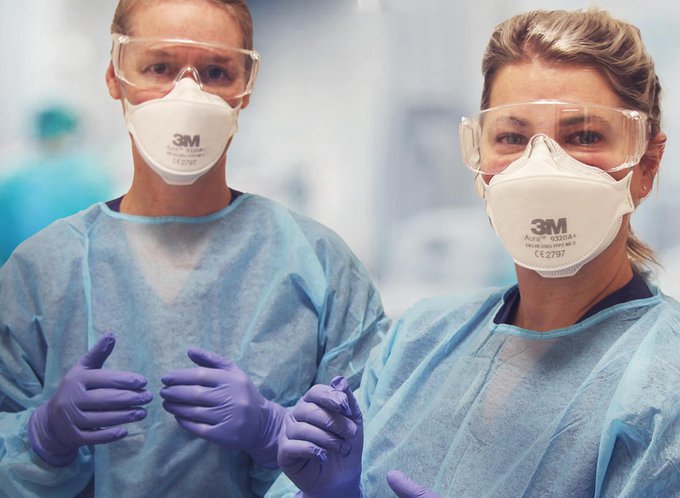Whether it’s a stint as the on-set vet for blockbuster films or sorting out a new set of fillings on a prize thoroughbred, Ray Lenaghan reckons he’s got the best career in the world. But in a profession focused on caring, the MAS Member says taking stock of his own mental wellbeing has been vital for navigating the demands of the job.
Ōtaki veterinarian Ray Lenaghan can’t quite explain his deep affinity with horses, but he’s keen to dispel a common myth about ‘horsey people’.
“For some reason there’s this idea that you need to have grown up around horses to like them or be any good with them, but I don’t believe that for a minute,” he says. “I didn’t have pets growing up, and while I went to a pony club for a year or so as a kid, I hadn’t been near a horse for a good 15 years when I went off to vet school. For me, I’ve just always felt comfortable with them. I seem to get their nature somehow and connect with them.”
These days, the MAS Member often finds himself coaxing the next crop of vet students to feel more confident around horses, alongside being a partner in a bustling practice, Vets on Riverbank on Wellington’s Kāpiti Coast.
He’s seen a lot over his 25 years on the job. But meeting his now wife on a film set during his OE was one of the more unexpected turns for the gregarious Irishman-turned-Kiwi.
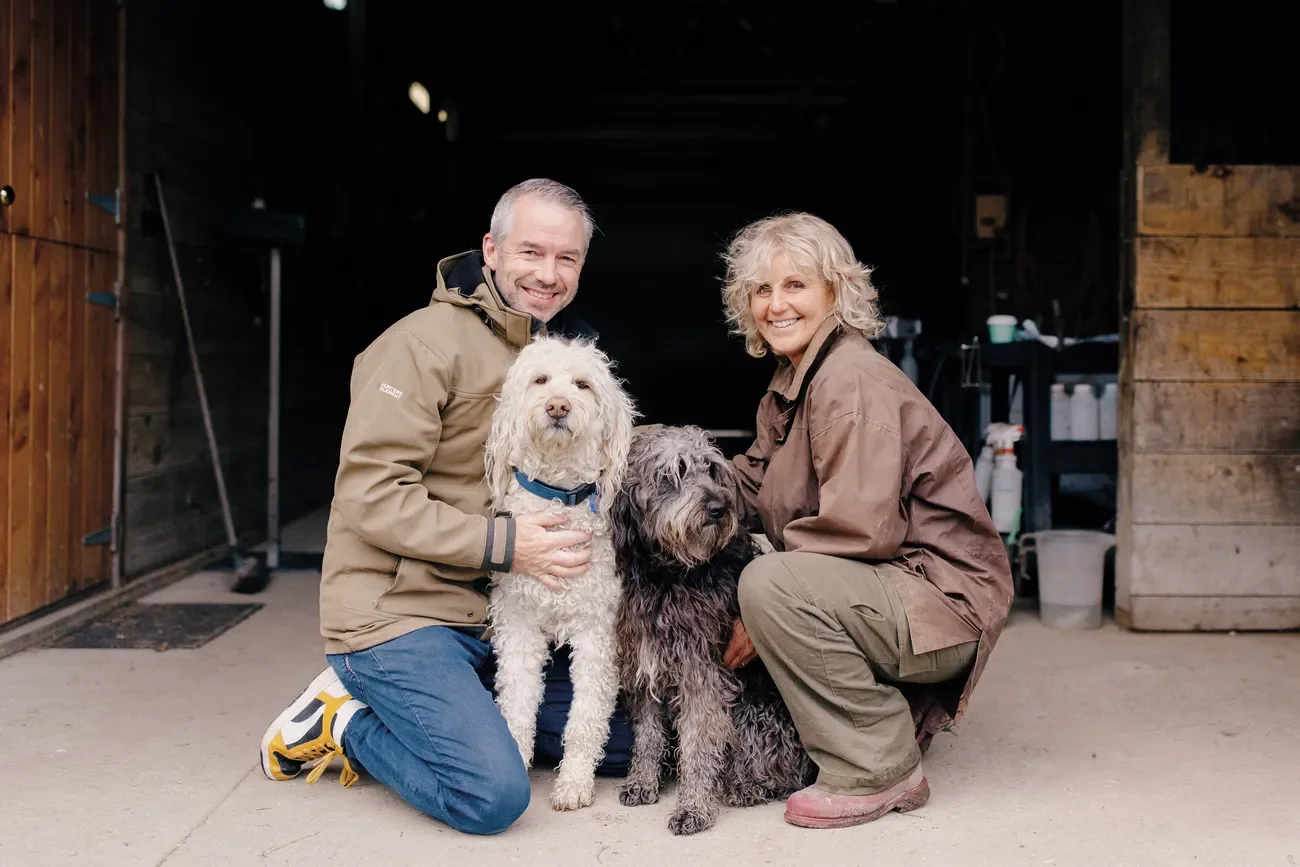
Above / Ray and Jane enjoy being part of the Kāpiti Coast community
“I managed to land a job as the on-set vet for The Lord of the Rings and spent some time travelling around the country for the filming. It was there I met Jane, who happened to be the horse-riding stunt double for actress Liv Tyler. As luck would have it, I was later offered a job at a practice (where I’m still based) near to where Jane lived in Te Horo, so it was all the perfect outcome for me.
Candid conversations
As a long-standing neighbourhood vet and a volunteer at the surf lifesaving club along with Jane and the kids, Ray’s always up for a chat with local mates. He’s also big on bringing awareness to the importance of wellbeing across the veterinary sector, a profession struggling with high rates of burnout and mental health issues among practitioners. And for Ray, it’s not just about industry data but first-hand experience.
He was a teenager when he had his first encounter with depression and anxiety, a feeling he struggled to shake despite his dad’s well-meaning pats on the back and promises of ‘you’ll feel better soon mate’.
When mental health struggles reared again later in his life, seeing a counsellor helped him develop a toolbox of skills to manage the ups and downs, and talking candidly with family and friends got him through the darkness.
“It really just came out of the blue. And I never like to say I suffer from it, I just deal with it on and off. For me, it’s about knowing what my triggers are and learning how to protect myself from high levels of stress."
Ray Lenaghan
"I’ve always found it helps to get out on the farm, keep exercising and stay connected to the community through things like surf lifesaving. I have a bunch of techniques now that I’ve learned through counselling, but most of all, I think it’s important that we all start to talk about it more because it’s just so damn common.”
As with many professions, issues such as high workload, long hours, burnout, compassion fatigue and mental distress are all too prevalent throughout the veterinary sector. At Vets on Riverbank, the team check in on each other and make wellness a priority. Ray credits the immense support from his team with helping him through the rough patches, and senior practitioners are vigilant for signs of stress among the staff and vet students they mentor.
“I always ask the students, ‘What do you do outside of vetting?’ It’s amazing how many of them don’t do anything, and I tell them they need to change that. It’s just so vital for our wellbeing to have a hobby or interest that’s not related to work. It helps to take your mind off things and gives you a sense of balance.
“We know there are a lot of issues in our profession and they’re complex, and the NZVA [New Zealand Veterinary Association] are aware of it and looking to help. Like with many professions, I think imposter syndrome is a big one in vetting and those feelings of never being good enough. There’s also that relentless, high achiever mentality – we’re our own worst enemies when it comes to demanding the highest possible standards of ourselves. We never give ourselves a break when really it can help to step back and say, ‘You can’t win everything, and that’s actually Ok.’”
But while self-compassion is important, Ray’s firm in his belief that improving mental health in New Zealand needs to start with leaving behind preconceived notions and persistent stigma and being brave enough to have candid conversations.
“There’s this stupid idea now that as a society, we’re ‘going soft’"
Ray Lenaghan
“That just adds fuel to the stigma that if your issue is related to your head, you can’t talk about it or you’re a failure in some way. I certainly don’t think I’m a failure, but it’s taken me years to get to that point and to not be afraid to speak about it. With the knowledge and experience I have now, I want to be able to support the profession, vet students and other young people in being able to talk about it too.”
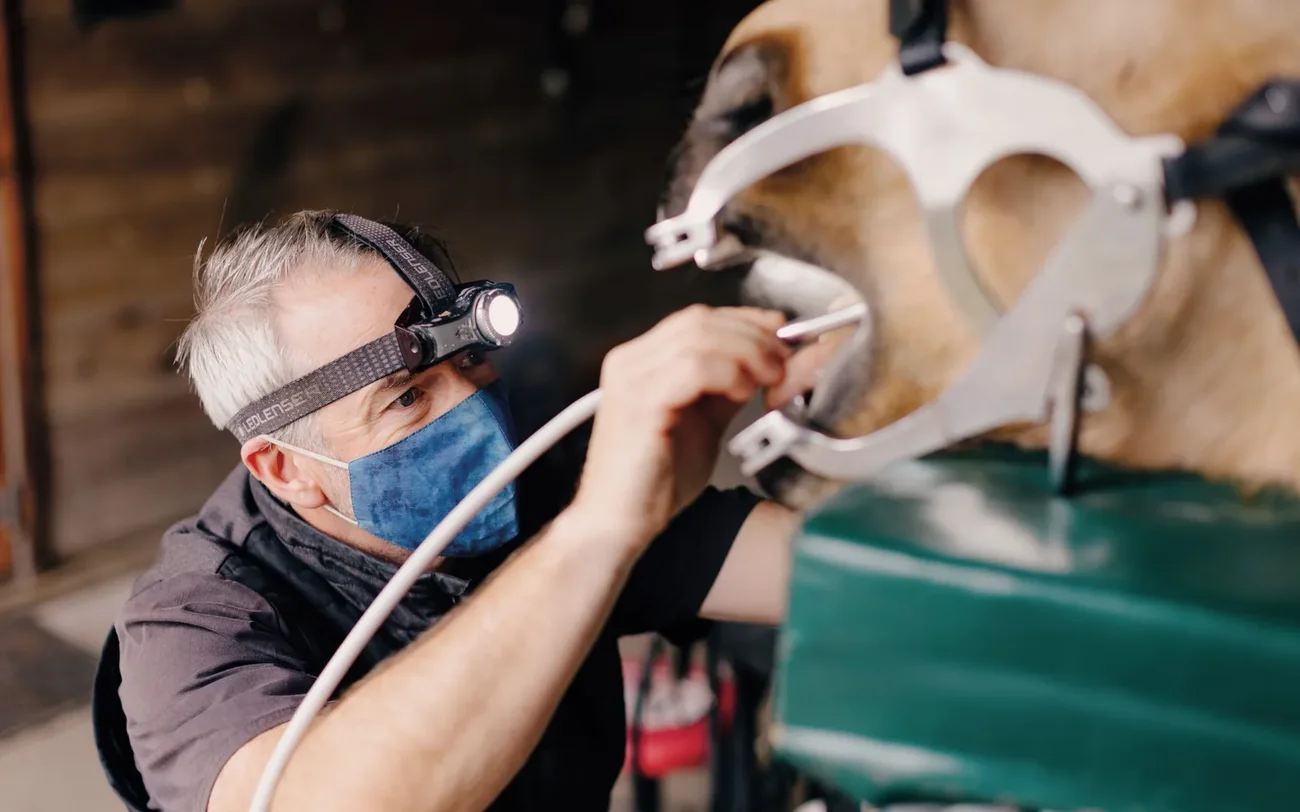
Equine dentist Ray hopes that speaking up about his mental health journey will help others feel safe enough to talk about their own wellbeing.
The horse’s mouth
Despite the challenges in the sector, it’s the satisfaction of making a difference to the lives of animals that gives Ray an enduring love for the job. While his clinic looks after all creatures great and small, Ray has long been part of a highly trained group of vets who spend most of their clinic time examining horses’ teeth.
And for the uninitiated, a dental procedure on a horse is quite the performance. With the animal sedated and remaining standing, Ray and his team can assemble lights and equipment and carry out a root canal, remove a rotten molar or restore a filly’s filling in 40 minutes flat.
“I love it because the work is so rewarding and all horses are just amazing creatures,” he says, in a still-strong Irish lilt. “I’ve met many people who are nervous around them, but I would see a chihuahua as a more dangerous proposition than a huge 16-hand horse any day.”
Ray Lenaghan
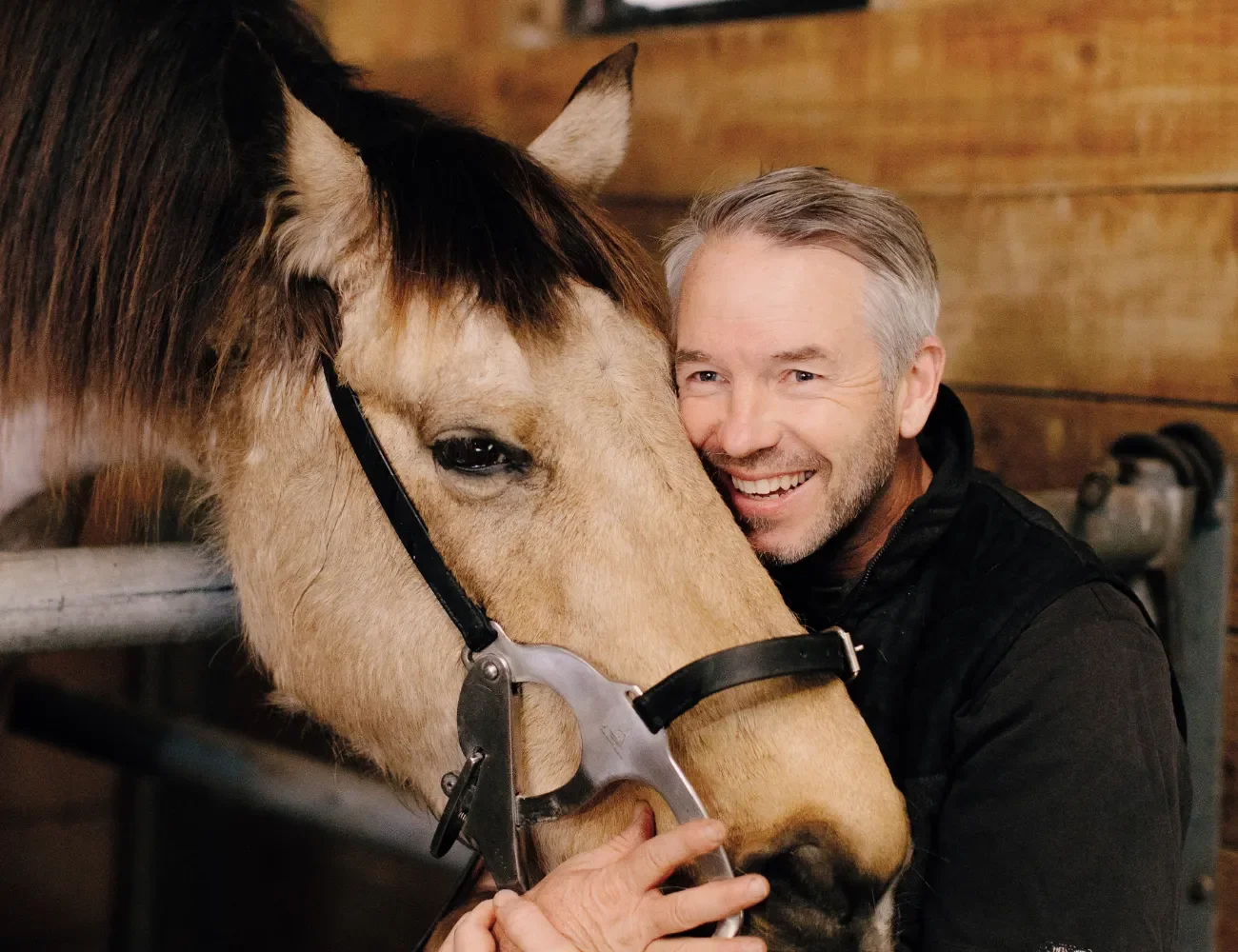
He didn’t grow up on a farm, but Ray says he’s always had a bond with horses
Support for Kiwi vets
Qualified veterinarian Charlotte Cantley is the wellbeing advocate for the New Zealand Veterinary Association Te Pae Kīrehe (NZVA) and a PhD candidate at Massey University, where she is researching the factors that help vets thrive in their challenging profession.
“The most heartening thing I have found in my research is that most vets love their jobs and have really fulfilling careers, but it’s also clear every veterinarian has to navigate challenging times at some stage of their career,” she says.
Maintaining an even keel through those tough times comes down to support and psychological safety in the workplace.
“What’s come out loud and clear is the importance of being able to talk openly about concerns or conflicts in a safe environment. Support is paramount and can come from different areas – whether that’s home, work or a profession-wide organisation such as the NZVA,” she says.
The NZVA has an extensive wellbeing hub available for all NZVA members on its website nzva.org.nz.
It contains a wide range of resources designed to help veterinary professionals manage their holistic wellbeing, based on the 4 pillars of the Māori health model Te Whare Tapa Whā: physical health, mental health, whānau health and spiritual health.
For other mental health support, contact Lifeline on 0800 543 354, free text 4357 or see lifeline.org.nz
Read this next
-
April 2024
Making a difference for Members
-
August 2024
The healing strength of whānau
-
August 2024
A part of me
-
August 2024
A new way of seeing
Greater good
See all-
March 2021
Candles for a cause
-
March 2021
Helping Kiwi babies thrive
-
March 2021
Creating a Deaf-inclusive Aotearoa
